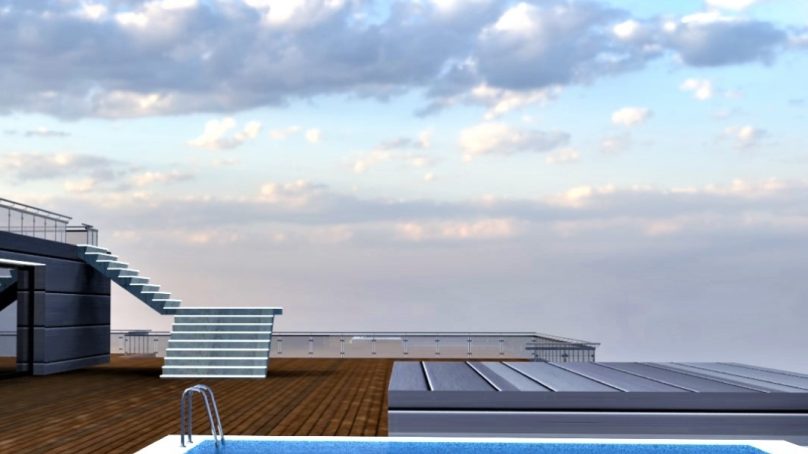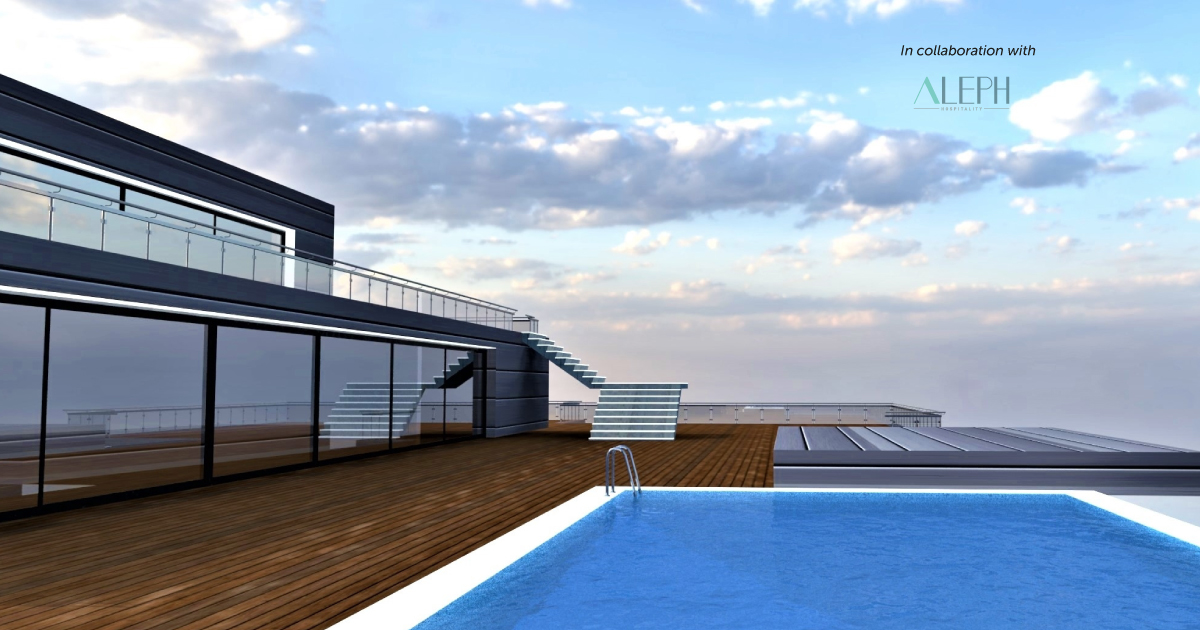

With the global economy heading toward full post-pandemic recovery, the future of the hospitality industry in the Middle East looks positive. A popular destination for tourism and business travel, the region is likely to experience continued growth, driven by increasing disposable incomes, an expanding middle class in emerging economies and government initiatives to promote tourism.
Key areas that I believe will shape the future of the industry in the region and support competitiveness include:
Diversification of offerings
To cater to evolving consumer preferences, hotels in the Middle East are expected to diversify their offerings beyond traditional luxury and business segments to include a future focus on experiential travel, wellness, eco-friendly practices and immersive cultural experiences.
Sustainable practices
With growing global concerns about climate change and sustainability, Middle Eastern hotels will likely prioritize eco-friendly practices, including energy-efficient buildings, waste management systems, water conservation and the use of renewable resources. Guests are already beginning to seek out environmentally conscious hotels and governments may incentivize or mandate sustainable practices.
Technology integration
Technology will continue to play a significant role in shaping the hospitality industry. Hotels are expected to adopt advanced technologies to enhance operational efficiency, guest experiences and safety measures. Digital platforms and mobile apps will be utilized to streamline bookings, personalized services and contactless interactions.
Shift in guest expectation
As travelers become more tech-savvy and experience-driven, their expectations will evolve. Middle Eastern hotels will need to provide seamless connectivity, high-speed internet access, personalized services and immersive experiences to cater to the needs of the modern traveler. Customization, authenticity and unique local experiences will be the new standard.
Evolving business models
With the rise of online booking platforms, vacation rentals and alternative accommodation, traditional hotels may have to explore partnerships or invest in shared economy platforms to stay competitive. Some hotels will likely focus on niche markets, such as boutique hotels, eco-lodges or themed resorts to differentiate themselves.
Geopolitical factors
Geopolitical stability and regional conflicts will continue to significantly impact the Middle East hotel industry. Peace agreements, political developments and changes in visa regulations will affect tourism flows and investment opportunities.
Some regional destinations have already witnessed significant developments and tourism growth. Among the hotspots making waves are:
Dubai Long a major regional destination for hotel development, Dubai boasts a wide range of luxurious and iconic hotels. Its diverse tourism offerings and thriving business environment attract both leisure and business travelers, driving the need for still more accommodation.
Riyadh As an established destination for events, Riyadh has traditionally attracted business travelers. The city is now experiencing a surge in hotel development.
Jeddah A major commercial and cultural center in Saudi Arabia, Jeddah is witnessing significant hotel development. Its Red Sea coastline and UNESCO World Heritage sites make it an attractive destination for leisure travelers.
Neom, Red Sea, Diriyah and other giga projects With an emphasis on luxury, sustainability and unique experiences, these mammoth projects in Saudi Arabia offer huge potential for the hotel industry. The projects are part of the Kingdom’s broader Vision 2030 initiative, aiming to diversify the economy.
Abu Dhabi Positioning itself as a global tourism and business hub, complemented by cultural attractions, entertainment offerings and major events, Abu Dhabi is in the midst of an extensive development of luxury hotels, resorts and beachfront properties.
Cairo A vibrant city with a rich history and cultural heritage, alongside a strategic location, Cairo has been developing its hotel offerings in recent years.
Diversifying the offerings
With so much development underway, the region will need to diversify its offerings to edge the competition and attract clients by introducing new concepts, such as:
Desert resorts The Middle East is well suited to expand its offerings of inspired unique desert resorts, giving guests authentic experiences at luxurious accommodation, complete with scenic landscapes.
Eco-friendly and sustainable resorts With a growing global focus on sustainability, eco-friendly resorts are gaining popularity in the Middle East, incorporating environmentally friendly practices and the use of sustainable materials.
Cultural and heritage hotels Building on the rich cultural heritage of the Middle East, the trend for transforming historical buildings, palaces and traditional homes into boutique hotels is on the rise.
Health and wellness retreats These increasingly popular retreats focus on relaxation, rejuvenation and holistic wellbeing.
Luxury glamping Glamorous camping is gaining popularity in the region, offering a unique combination of luxury and outdoor experiences.
Themed and entertainment hotels The region is seeing the emergence of hotels offering immersive experiences within segments such as sports, adventure and movies, combining accommodation with entertainment.

















